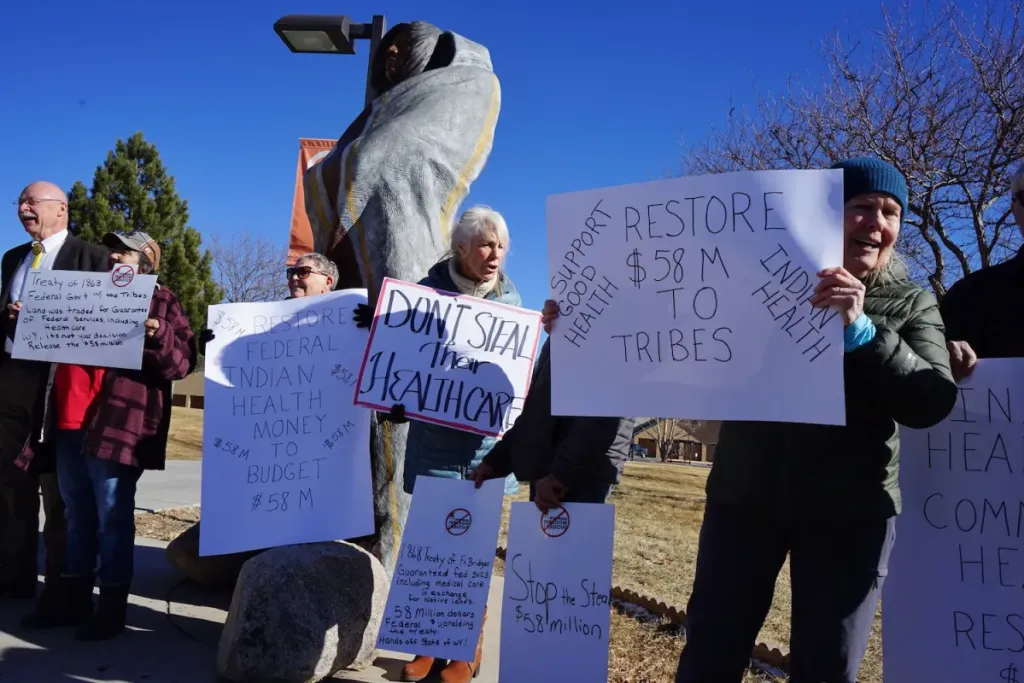Memecoin Controversy Challenges Argentina’s President Javier Milei

Argentina’s libertarian President Javier Milei is facing significant political fallout following his promotion of a cryptocurrency that soared in value before rapidly collapsing, triggering calls for his impeachment and accusations of ethics violations.
The controversy began when Milei promoted the cryptocurrency, $LIBRA, on social media last Friday evening, just as it began trading. The token surged in value, reaching over $4, only to plummet below 50 cents shortly after. Many investors accused the coin’s creators of orchestrating a “rug pull” scam, a term used when initial backers inflate a coin’s price before withdrawing their funds, leaving others with worthless tokens.
In response to the backlash, Milei’s office clarified that while the president had met with representatives of the companies behind the coin, he was not involved in its development. The government stated that Milei had posted about the coin as part of his usual promotion of Argentine businesses. Despite this, the scandal quickly gained traction, with political opponents filing numerous lawsuits and pushing for impeachment. The left-wing opposition bloc in Congress accused Milei of “participation in a crypto fraud.”
Analysts have described the incident as the most significant crisis of Milei’s presidency since he took office in December 2023. While his office has insisted he was not directly involved in the project, the episode raises concerns about his credibility, particularly given his previous track record as an economist known for his advocacy of free-market policies.
The immediate effects on Argentina’s financial markets were evident, with the country’s stock index falling more than 5% and the peso dropping 2% against the US dollar. While analysts noted that the majority of the affected buyers were from outside Argentina, the political damage for Milei was evident. His approval rating, which has remained steady at around 50% for much of the past year, could be impacted, especially as the country prepares for legislative elections in October.
Despite calls for impeachment, the opposition faces significant hurdles in gathering the two-thirds majority required in Congress. The mainstream right-wing party, a key ally of Milei, expressed concerns over the damage to Argentina’s credibility but criticized the left-wing opposition for using the situation to launch a political attack.
The crypto fiasco has also cast a shadow over Milei’s reputation, particularly regarding his plans for Argentina’s economic recovery. His government has implemented an austerity program aimed at tackling the country’s inflation crisis, and he has formed strategic alliances with global tech leaders, including in the United States. However, the $LIBRA incident has raised questions about his decision-making and leadership.
The president’s office has instructed the anti-corruption office to investigate the situation, but it remains unclear whether any wrongdoing occurred. Milei has faced criticism from within the cryptocurrency community, with some experts calling the incident a stark example of unethical practices within the sector.
For now, Milei’s political future hinges on how effectively he can manage the crisis and address the public’s concerns. His government will need to offer clear explanations about the events surrounding $LIBRA in order to contain the damage and maintain the trust of both local and international investors.
The Financial Times, Bloomberg, Reuters, and the Guardian contributed to this report.









The latest news in your social feeds
Subscribe to our social media platforms to stay tuned